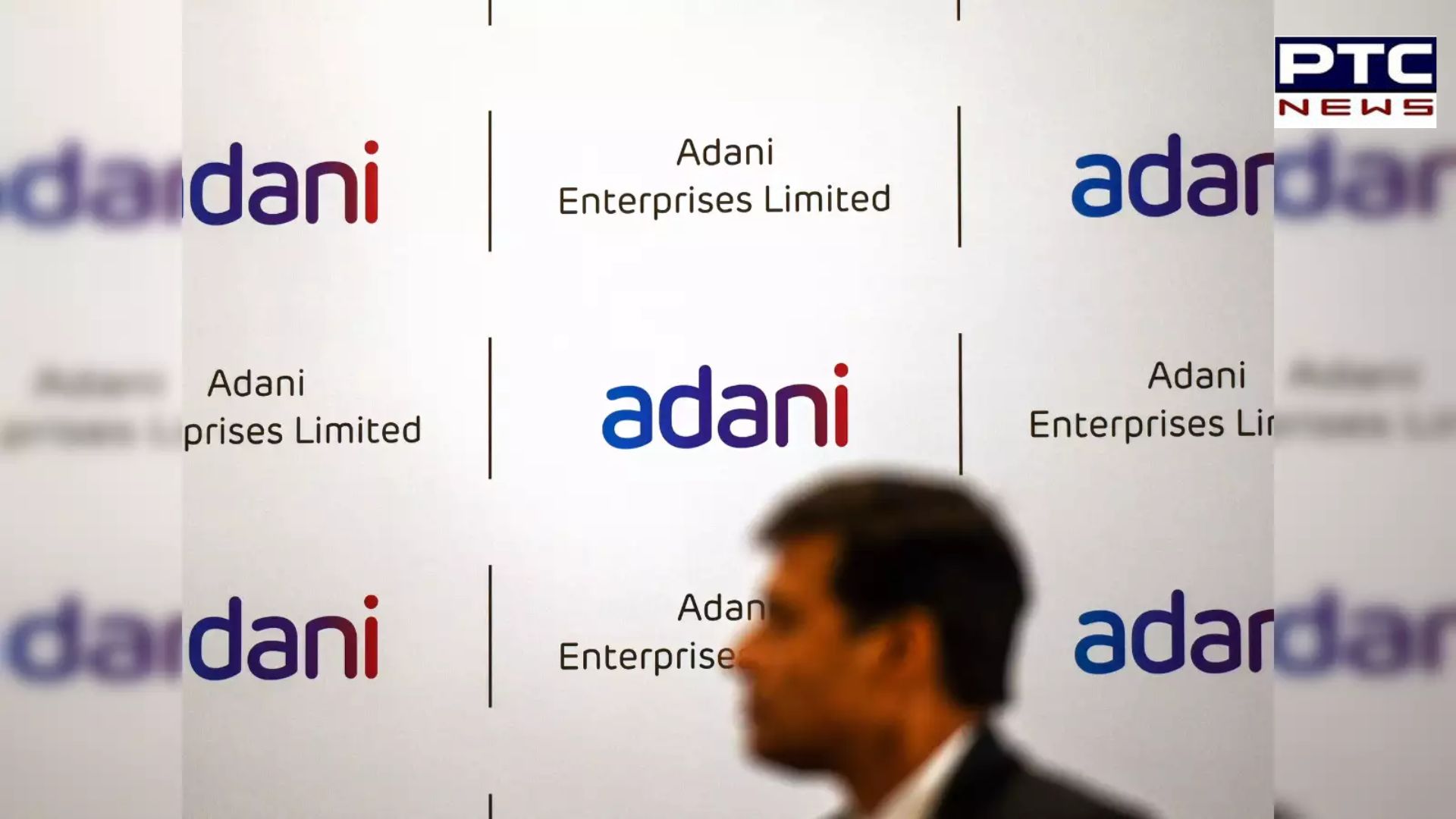

Adani-Hindenburg order: SC backs SEBI probe, rejects doubts, no interference
Adani-Hindenburg order: The Supreme Court delivered a pivotal verdict in the Adani-Hindenburg case, declining to transfer the investigation from the Securities and Exchange Board of India (SEBI) to the Special Investigation Team (SIT). In a resounding decision, the court emphasized SEBI's diligent approach, quashing doubts about its handling of the probe.
Providing a significant reprieve to the Adani Group, the apex court asserted its jurisdiction limits within the regulatory framework, asserting that reports like Hindenburg's cannot singularly prompt a separate investigation. "SEBI will continue its investigation within the purview of the law," the court affirmed, citing no substantial evidence indicating SEBI's lackadaisical conduct in the inquiry.
/ptc-news/media/media_files/HEQvBZ0TRQQVxCkcNVAu.jpg)
Furthermore, the Supreme Court dismissed the plea for a SIT probe, underscoring its restricted authority to intervene in SEBI's regulatory jurisdiction. It deemed the grounds insufficient to instruct SEBI to reverse its amendments on Foreign Portfolio Investor (FPI) and Listing Obligations and Disclosure Requirements (LODR) regulations.
Highlighting SEBI's progress, the court noted the completion of investigations in 20 out of 22 cases and mandated the conclusion of the remaining two within three months.
The court unequivocally discredited the relevance of the OCCPR report in casting doubt on SEBI's investigation, rejecting it as unsubstantiated without independent verification. Emphasizing the inadequacy of relying solely on third-party reports or media coverage, the court specified their role as supplementary rather than conclusive evidence.
Also Read: Cold wave conditions prevail in North India, visibility reduced due to dense fog
Moreover, the Supreme Court established a standard operating procedure (SOP) for all courts to regulate the summoning of government officials, deeming it impermissible for high courts to summon officials under the threat of contempt, thereby setting a precedent to prevent undue pressure on the government.
Also Read: IAS officer's 'aukaat' remark amid truckers' protest sparks row, issues clarification
Also Read: Arvind Kejriwal to skip ED summons again, terms notice 'illegal'
In a ruling that upholds the autonomy of SEBI's probe and defines the parameters of judicial intervention, the Supreme Court's decision reaffirms the integrity of the regulatory process while setting clear guidelines for the role of third-party reports in legal proceedings.
Also Read: Assam accident: 12 dead, 25 injured after truck-bus collision
(Inputs from agencies)
-
